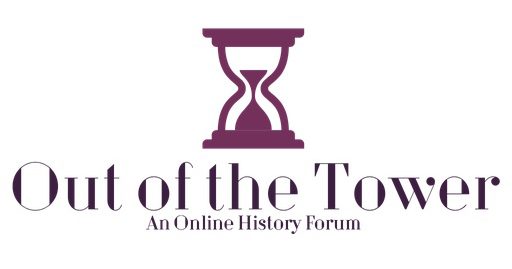In my heart, I define myself as a historian. But, truth be told, I spend the majority of my days taking care of my two young children. My son is one and my daughter is two. I am a stay-at-home parent and my children’s primary caregiver. As I detailed in a piece for New America Weekly, I dread it when people ask me what I do for a living. Why? Because although I have a PhD in history, my days primarily consist of changing a gross number of diapers, arguing with my toddlers, preparing meals that are ultimately rejected, and picking up an endless amount of clutter. It is hard to accept that most of the time I am only “mama.”
Living with History
Thank you, Phoebe Ensminger Burn

On a muggy summer morning in August 1920, House Speaker Seth Walker of the Tennessee State Legislature declared: “The hour has come!” He was attempting to call to order a special session that was set to vote on the ratification of the Nineteenth Amendment. The seventh name on the speaker’s roll call list was Harry Burn, a young twenty-four-year-old Republican lawmaker from McMinn County. Unbeknownst to the suffragists, and Burn’s own colleagues, he carried in his breast pocket a letter from his mother, Phoebe Ensminger Burn. His mother’s note instructed him to “be a good boy” and vote for ratification. When the clerk called Burn’s name, he surprised almost everyone by voting in favor of the amendment
New America Weekly piece: America Has Never Not Had a Child Care Problem
 Sorry for the delay in posting. During my absence, I was working on a piece that has been published in New America Weekly. The article looks at the history of child care in America. It argues that we will not solve our child care problem until we recognize that women have always worked in ways that extend beyond their conventional roles as mothers. In the spring, I will be back with new posts on the history of fascism, the woman suffrage movement, and women’s wartime experiences in WWII. Until then, you can read my child care piece here.
Sorry for the delay in posting. During my absence, I was working on a piece that has been published in New America Weekly. The article looks at the history of child care in America. It argues that we will not solve our child care problem until we recognize that women have always worked in ways that extend beyond their conventional roles as mothers. In the spring, I will be back with new posts on the history of fascism, the woman suffrage movement, and women’s wartime experiences in WWII. Until then, you can read my child care piece here.
Thanks!
~Rebecca

